When the first issue of this magazine was launched back in 2019, amid the global youth protests for climate action and awareness, the understanding was that we had a 12-year window to avert the worst of climate change. Given the galvanising nature of the protests and global youth mobilisation that ushered in a reverential posturing by politicians in the western world in front of these newly minted young icons, there was a glimmer of hope that we might finally be heading in the right direction.
What happened next of course was our collective reckoning with a global pandemic. Priorities shifted. What could have been the golden opportunity to bring about global systemic change was side-lined with the usual short-termism that has brought about the problems plaguing this world in the first place. (How about our dependency on Russian fossil fuels?)
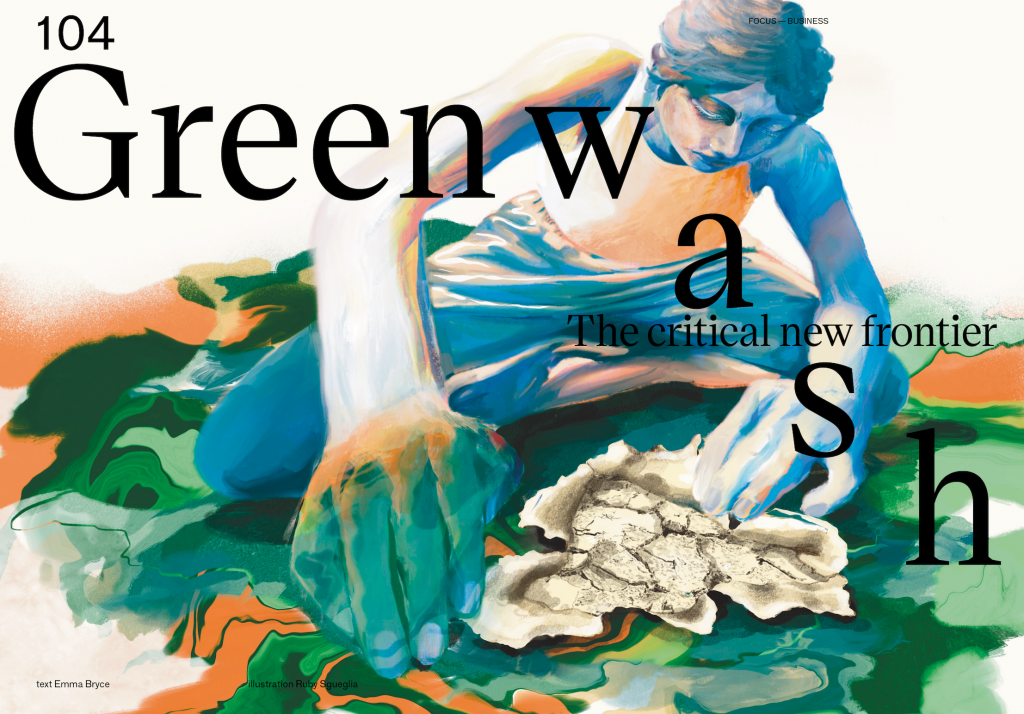
Only three years have elapsed, but the latest IPCC report has reduced the prospect of that 12-year timeline to a mere 3 years. What already felt like a monumental challenge feels like an impossibility now – especially in a world that is still beset by nationalist conflicts.
But let’s not lose hope nor heart.
As individuals and consumers, we are often faced with many questions, the first one being what we can do to make a change. There are a number of actions we can take within the context of our family nucleus to transition to a more sustainable lifestyle.
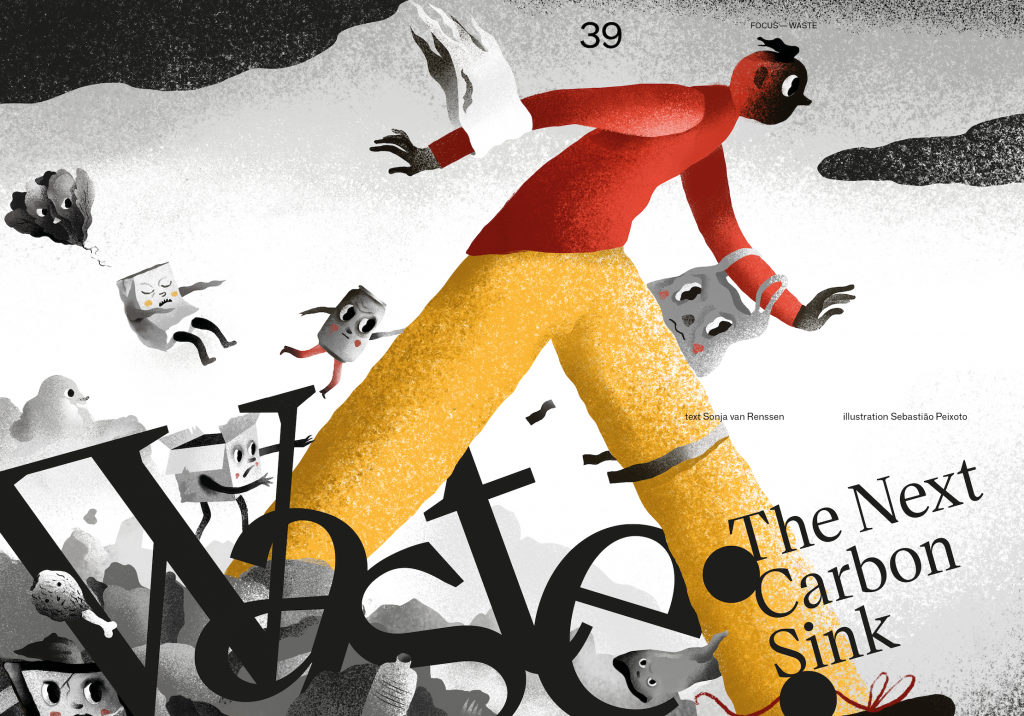
However, given the point at which we stand, I would venture to say that all of our individual energies should be focused on making our political voices heard on the one hand and building community on the other.
Our future as citizens is in the grasp of our governments and the companies that have gained outsized power and influence, and unfortunately, we can only make the right choices as citizens in this intricate eco-system in which we live if the proper parameters are put in place to allow us to do so. These are things we need to urgently demand as constituents from the local to the national level.
Companies around the world have come to understand what has become a priority for their customer base, and so they have been quick to adapt. At least that’s what they would like us to think. Unfortunately, the reality is that most of these claims for sustainable products and services are nothing more than green window-dressing – and in light of the limited time we have for systemic change, it is extremely dangerous because it gives us the feeling that things are moving in the right direction when in fact it is rather the opposite. In this issue we take a closer look at Why Greenwash is the Critical New Frontier in tackling Climate Change.
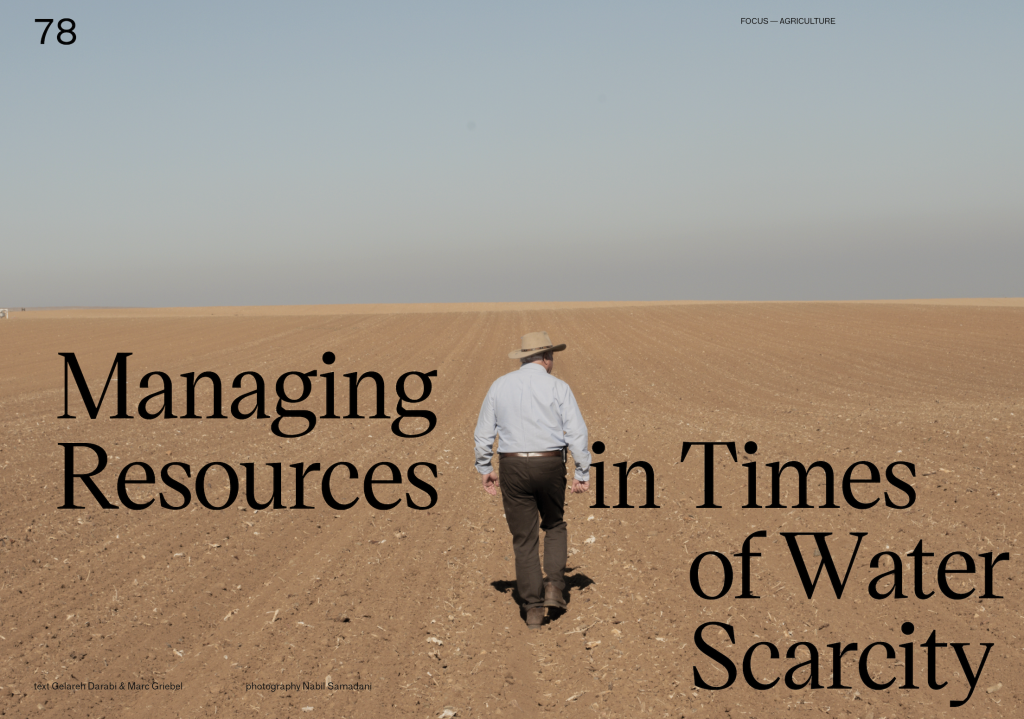
As fossil fuel companies divest from energy production they are doubling down on their plastic strategy. Given the enormous amounts of plastic the planet is caving under this needs to gain a lot of attention. We take a look at plastics and other types of waste in The Next Carbon Sink. Writer John Kazior takes you on a mycelium journey – a viable alternative to plastics, in This Is Not a Mushroom.
We interviewed Maude Barlow an activist who has spent decades advocating for the establishment of water as a public trust and human right. Unfortunately, in large parts of the world our most precious resource is increasingly being commodified.
We also spoke to Tommaso Fransolini who is behind an exciting city project being built in Rome and which was one of the winners of the C40 competition. We have all heard buzz words about smart cities, but what makes this project really exciting is its ability to produce 90% of its energy needs on site through a system that seems to be replicable and uncomplicated.
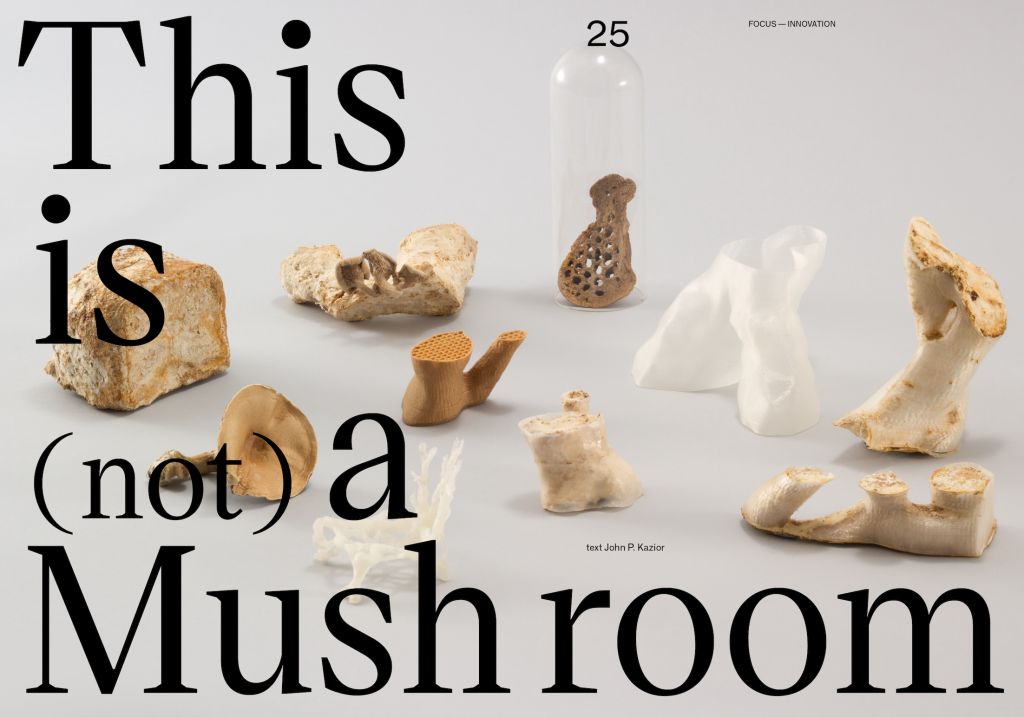
Finally, we have launched a new section called Reflections. We are in this fight together, and though it may sometimes take us to the brink of despair, it can be an exciting and hope-filled journey. That’s why we think it is important to reach out to all sorts of actors and understand what they are doing. In Reflections we ask artists from various disciplines to help us reflect on the climate crisis through their chosen medium. In our first installment a group of dancers from Ballet Basel are taking us on a visual journey through four major themes.
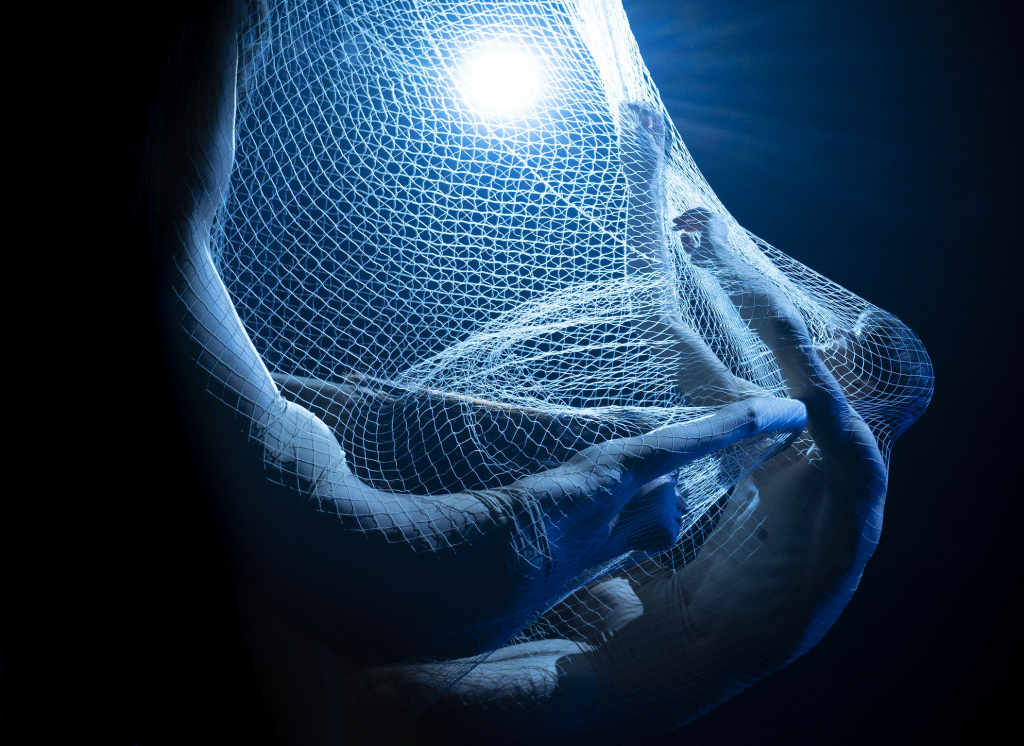
Enjoy the read!
Afsaneh A. Rafii
The editor
You can buy a copy of this issue (digital or print) here.
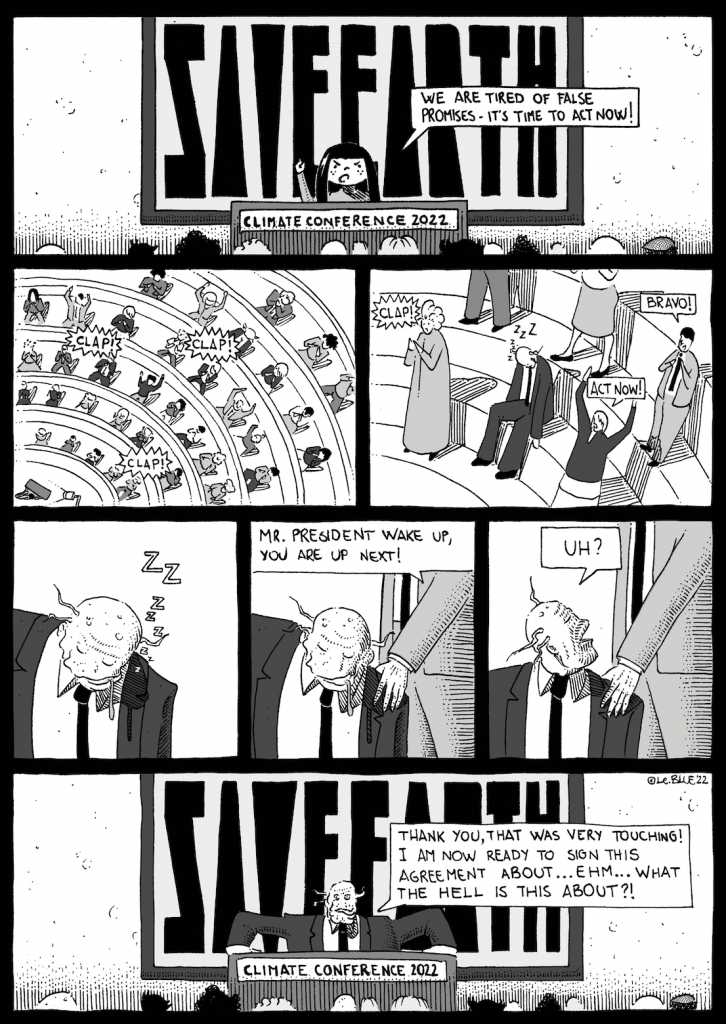
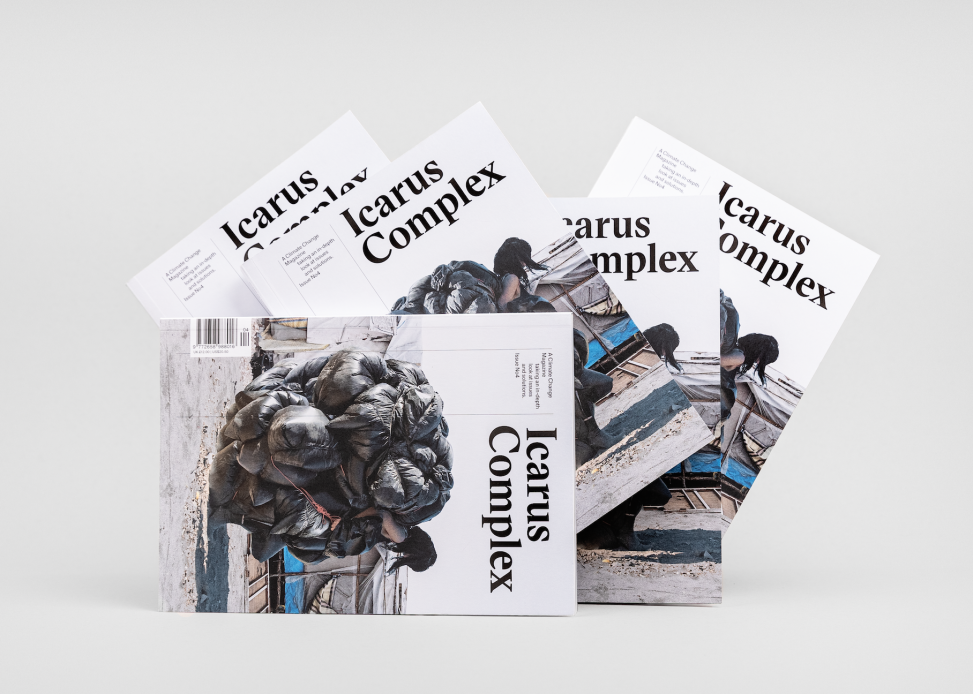
Comments are closed.